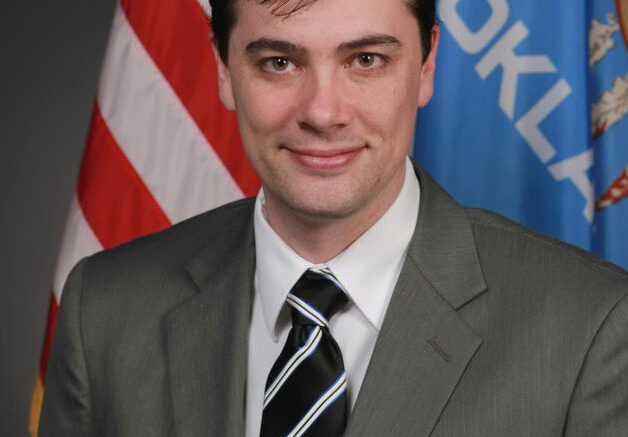Many taxpayers believe the Legislature operates as described in American Government class. They learn that a bill becomes law after first being approved in a committee, then by votes in the House and Senate, and finally being signed by the Governor.
Imagine the shock of the newly-elected Representative when he discovers that the Legislature is a very different environment than described above.
He can sponsor a bill, convince the chairman of a committee to give his bill a hearing (not always an easy task), present the bill before a committee, and successfully convince a majority of the committee to vote for passage. Because he is new, the Representative can be forgiven for making the assumption that his bill will now go to the entire House for a vote. After all, an entire committee has approved the bill, so naturally the bill will proceed to the next step, right?
Actually, this isn’t how it works.
Unfortunately, the new Representative may learn the hard way that one individual has unilateral authority over his bill. There is absolutely no requirement for the Speaker of the House or his appointee to schedule the bill for a vote on the floor of the House.
He can kill the bill for any reason. Without his consent, a bill cannot live.
The Speaker has absolute power over House bills.
Or he did, with the sole exception of the 2013 legislative year.
As the 2013 legislative session approached, I enjoyed serving on a committee tasked with reforming House rules. The Speaker of the House, TW Shannon, commissioned the committee’s work and seeded the idea for dissolving absolute power from the Speaker to the members of the Legislature.
The committee acted on Shannon’s idea and worked out a process for commissioning a House calendar committee with the responsibility of determining which bills are scheduled for a vote of the House. The committee contained House members from both political parties and held public meetings where members cast public votes on the slate of bills to go before the House.
For that one year, the final decision to hear or not hear a bill was no longer made behind closed doors, nor was it made by one man.
This proposal wasn’t uniformly popular. It didn’t take long for the defenders of the status-quo to re-assert their authority and get rid of the new transparency.
The reversal of this reform marked the beginning of a three year transparency dark age in which the adoption of new legislative transparency mostly came to a halt.
But as I look back at my time of legislative service, that one year of transparency and openness was a historic one and one that I am so honored to have been a part.
Legislators would be well advised to return to the course of transparency and reform and to seek out new opportunities to dissolve the absolute power of the Speaker into open and transparent processes.
Thank you for reading this article. Your interest and input are much appreciated. Please do not hesitate to email Jason.Murphey@hd31.org with your thoughts and suggestions.
Sincerely,





Be the first to comment on "Rep. Murphey: Giving away absolute power – For one year"